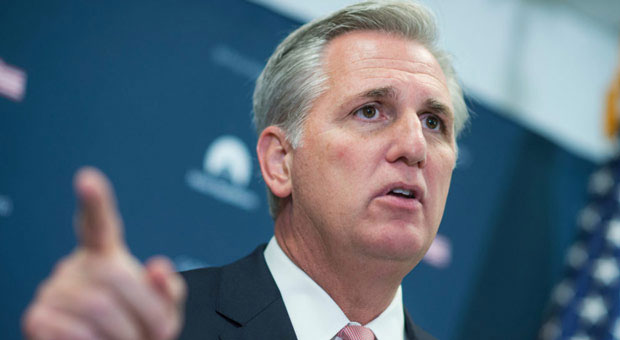Jacob Davis
CSMS Magazine
As the United States strives to navigate a path to economic recovery, President Joe Biden and Congress find themselves engaged in intense budget negotiations. These discussions are crucial in determining the allocation of resources to address key issues such as infrastructure, healthcare, education, and climate change. With the ultimate goal of fostering a stronger and more inclusive economy, these negotiations reflect the administration’s commitment to implementing its policy agenda. So, let’s delve into the current budget negotiations between President Biden and Congress, exploring the key points of contention and potential outcomes.
Points of Contention
One of the primary areas of contention in the budget negotiations revolves around the overall size and scope of the budget. President Biden has proposed significant investments, particularly in areas such as infrastructure and social programs, to drive job creation and support vulnerable communities. However, there are differing opinions within Congress regarding the level of spending and the potential impact on the national debt. Striking a balance between ambitious policy objectives and fiscal responsibility remains a significant challenge.
Another area of debate centers on tax policy. President Biden aims to increase taxes on corporations and wealthy individuals to fund his proposed initiatives. However, some members of Congress express concerns that these tax hikes may hinder economic growth and discourage private investment. Bridging this divide and ensuring a fair and effective tax structure is crucial to securing bipartisan support.
Moreover, healthcare reforms and climate change mitigation measures feature prominently in the negotiations. The Biden administration seeks to expand access to affordable healthcare and address climate change through investments in clean energy and infrastructure. However, these proposals face resistance from certain lawmakers who question the long-term viability and costs associated with such initiatives. Finding common ground on these critical issues will be pivotal to the success of the budget negotiations.
Potential Outcomes
The outcome of the budget negotiations between President Biden and Congress will shape the trajectory of the nation’s economy and society. If a compromise is reached, substantial investments in infrastructure will pave the way for job creation, bolstering economic growth. Increased funding for education and healthcare could lead to improved outcomes for individuals and communities, fostering greater equality and social mobility.
In the event of a stalemate or lack of consensus, however, progress on key policy fronts may be hampered. Delayed infrastructure projects, underfunded social programs, and limited action on climate change could impede the nation’s ability to address pressing challenges effectively.
The current budget negotiations between President Biden and Congress represent a critical juncture for the nation. As both sides strive to reconcile competing priorities, the outcome will determine the direction of the country’s economic recovery and societal well-being. Finding common ground on issues such as the size of the budget, tax policy, healthcare, and climate change will require collaboration, compromise, and a commitment to the greater good. The decisions made in these negotiations will have far-reaching implications for the United States, shaping its path towards a stronger, more resilient, and inclusive future.
Note: Jacob Davis is editor at large for CSMS Magazine. He also writes on sociopolitical issues.


